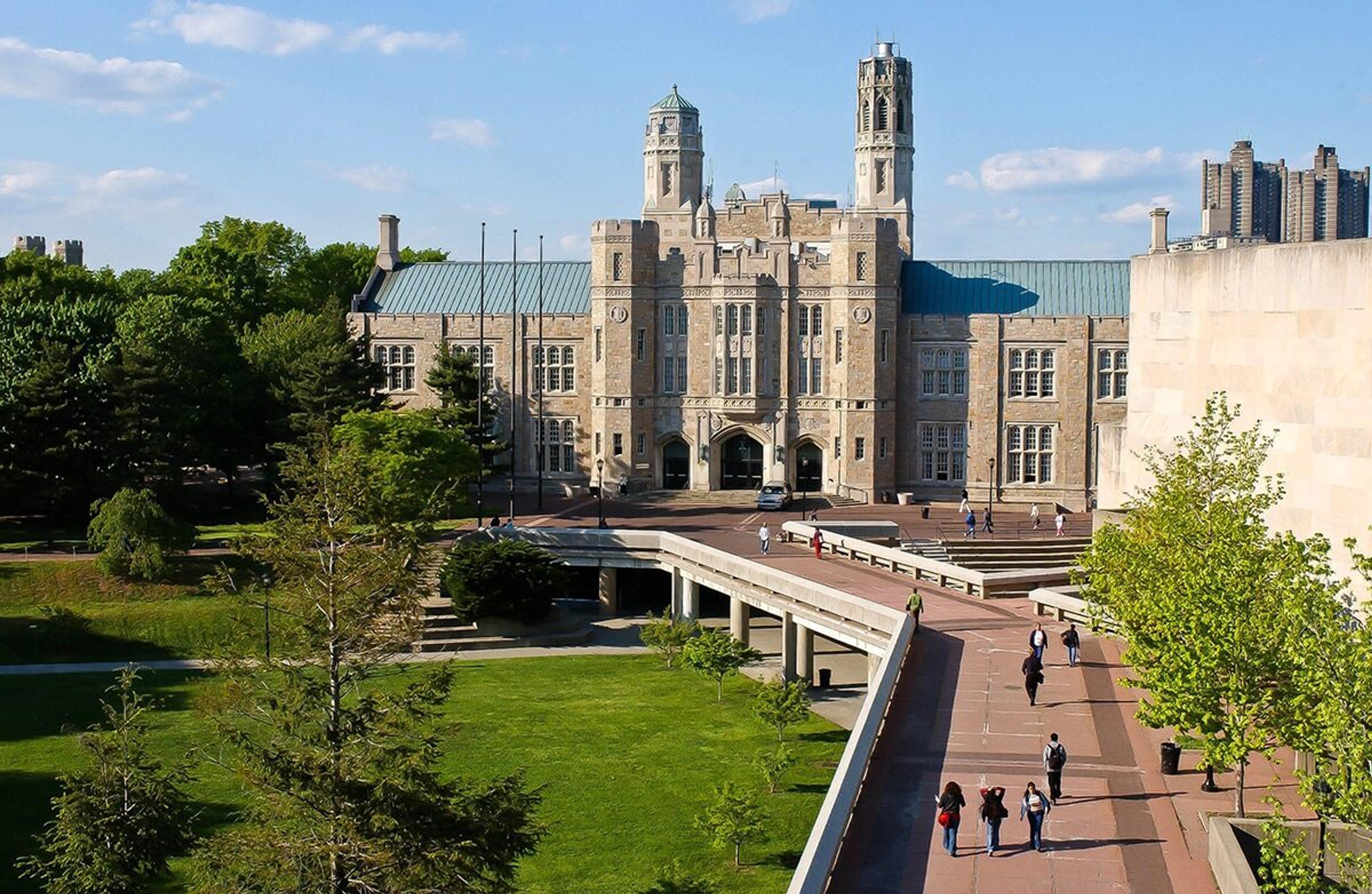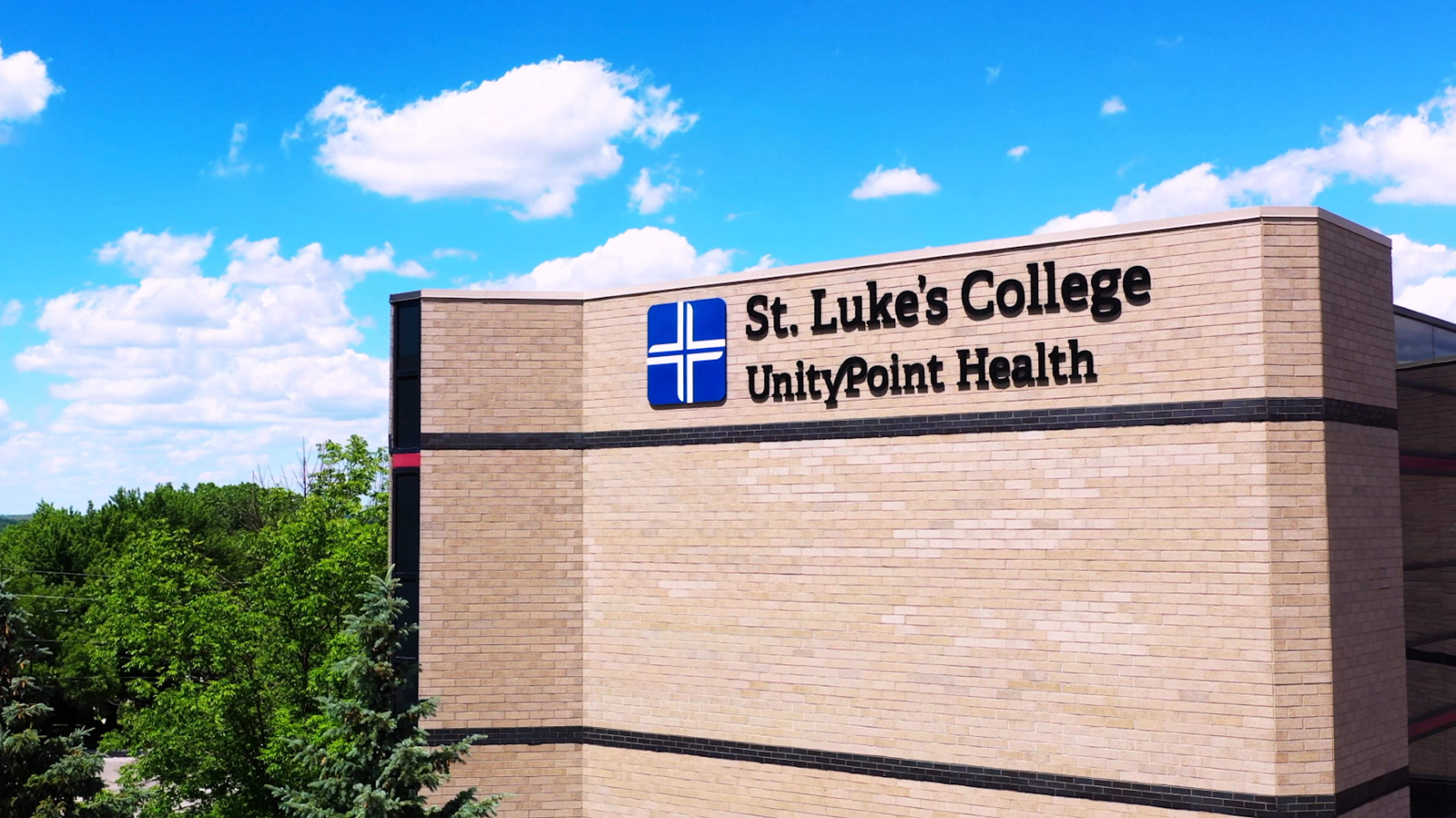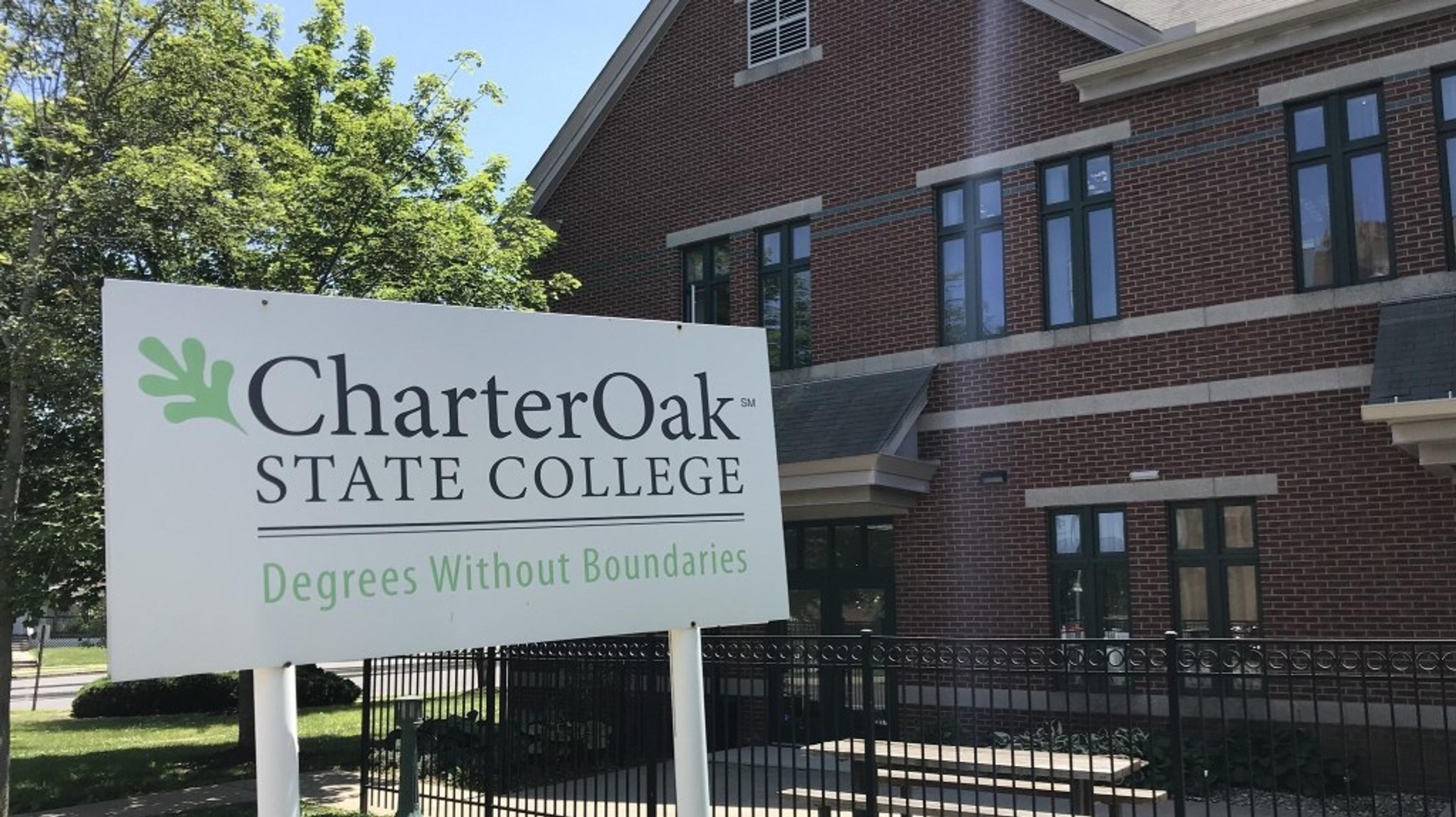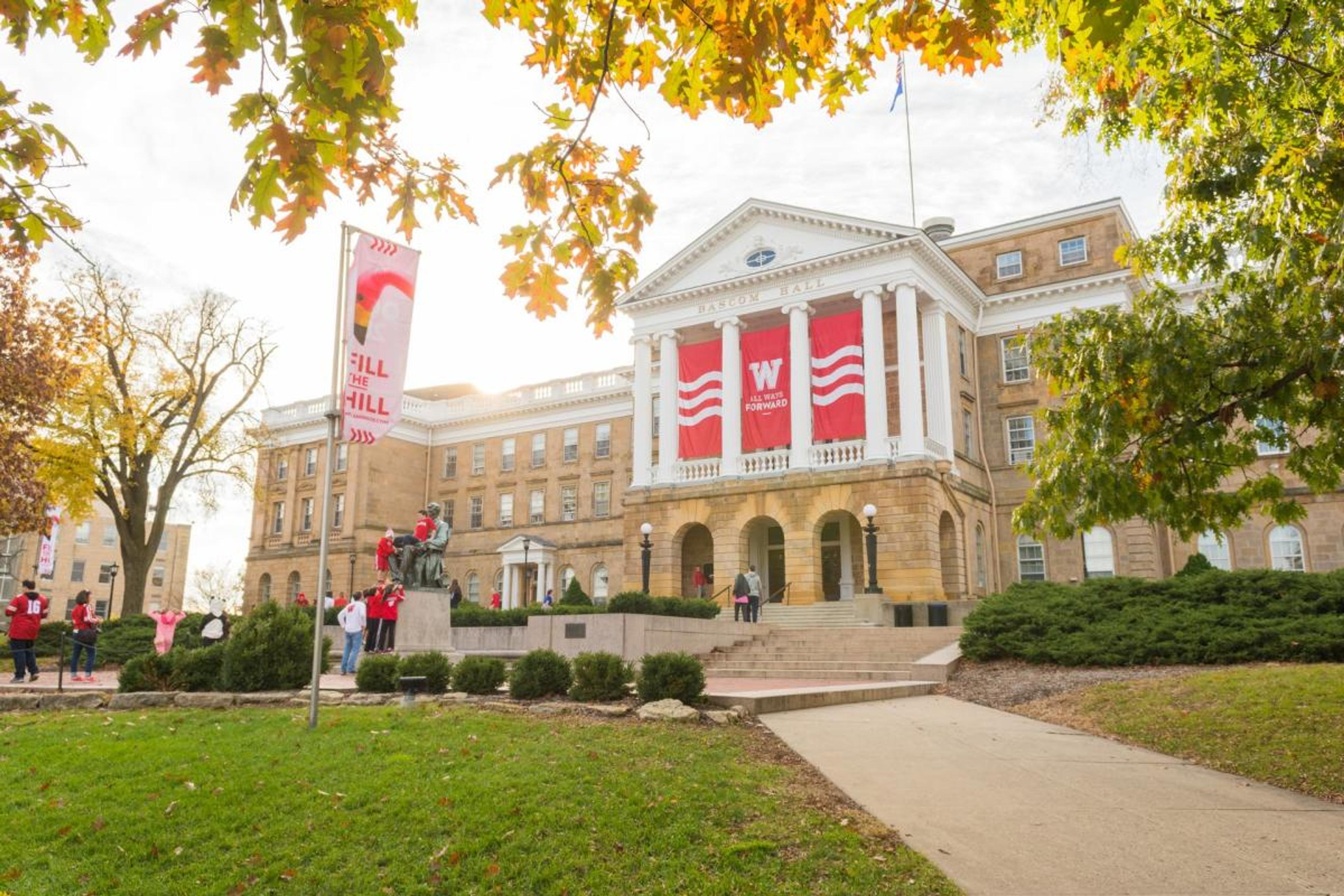Online Nursing Degrees — Comprehensive List of Programs (2026)
Explore the best online nursing degree programs. Compare accredited options, admission requirements, and career paths to start your nursing education today.
Posted January 13, 2026

Join a free event
Learn from top coaches and industry experts in live, interactive sessions you can join for free.
Table of Contents
If you’re considering pursuing a nursing degree online, you’re in good company. Online nursing programs, often offered by an online nursing school, have become increasingly popular due to their flexibility and accessibility, allowing students to earn their degrees while managing work, family, and other commitments. But with so many online nursing degree programs available, how do you know which one is the best fit for your goals and lifestyle?
This guide will break down the best online nursing programs, explain the different types of nursing degrees, and give you the information you need to make an informed decision about your nursing education. Let’s dive into the world of online nursing education and see what options are available to you in 2026.
Learn More About the Types of Online Nursing Programs
| Program | Description |
|---|---|
| Online LPN/LVN Diploma | LPNs/LVNs perform entry-level nursing duties. Online programs train students in tasks like vital sign checks, IV insertion, first aid, and patient data management. Typically involves 500-750 clinical hours. Graduates take NCLEX-PN. |
| Online ADN Degree Program | ADN programs provide the fastest path to becoming an RN. Prepares students for higher responsibility and better pay than LPNs. Coursework includes nursing fundamentals, health assessment, microbiology, and immunology. Clinical rotations are required. Graduates take NCLEX-RN. |
| Online BSN Degree Program | Four-year BSN programs prepare RNs for increased responsibilities and opportunities. Courses include anatomy, community nursing, leadership, and pharmacology. Clinical and lab hours are required. BSN graduates have better job prospects and can pursue further education. |
| Online Accelerated BSN Program | For students with a non-nursing bachelor’s or graduate degree, this program allows completion in 2 years or less. Offers flexibility to keep jobs while attending online courses. Core courses cover diverse populations, biomedical ethics, and evidence-based practice. Clinical hours are also needed. |
| Online MSN Degree Programs | Provides specialization and higher autonomy in nursing careers. Prepares APRNs like nurse practitioners and nurse anesthetists. Requires a BSN, RN license, and at least one year of nursing experience. |
| Online Direct-Entry MSN Programs | Non-nursing degree holders can fast-track an MSN, typically completing in 15-24 months. The program covers theory, clinical practice, and health policy. Allows entry into advanced roles without a BSN. |
| Online MPH Programs | Aimed at students seeking public health careers. Focus on health education, biostatistics, and public health policy. Offers dual MSN/MPH options. Completion time: 2-3 years. |
| Online MSN Specialization Programs | MSN programs offer various specialties like family nurse practitioners, nurse educators, and nurse anesthetists. Graduates can work in specialized areas like pediatrics, neonatal nursing, or adult gerontology. |
| Online Nurse Practitioner Program | Prepares RNs to specialize in areas such as family, psychiatric mental health, and women’s health. Core topics include pharmacology and health policy. |
| Online Nurse Midwife Program | For nurses specializing in the care of pregnant individuals. Includes courses in postpartum care, advanced health assessment, and fetal evaluation. Graduates can earn certifications like Neonatal Resuscitation. |
| Online Gerontology Program | Focuses on providing care for older adults, and preparing RNs to become adult gerontology nurse practitioners. Involves research, aging theories, and capstone projects. |
| Online Family Nurse Practitioner (FNP) Program | Prepares nurses to provide family-centered care across the lifespan. Topics include adult care, child care, and women’s healthcare. Graduates can become APRNs. |
| Online Diabetes Program | MSN concentration in diabetes nursing equips nurse practitioners with the skills needed for managing diabetes care for pediatric and adult patients. |
| Online Neonatal Nurse Practitioner Program | Prepares RNs for specialized neonatal care, focusing on newborn diseases, pediatric care, and health informatics. Requires NICU experience before admission. |
| Online Nurse Educator Program | Prepares nurses to teach in schools or clinical settings. The curriculum focuses on curriculum development, evaluation, and instructional strategies. |
| Prepares nurses to teach in schools or clinical settings. The curriculum focuses on curriculum development, evaluation, and instructional strategies. | Prepares RNs for leadership roles such as nurse managers and executives. Focuses on healthcare policy, evidence-based practice, and leadership theory. |
| Online Health Informatics Program | Combines healthcare and technology. Prepares nurses to manage healthcare data and use technology in patient care. |
| Online Acute Care Program | MSN program in acute care prepares students for critical care nursing. Involves advanced health assessments, diagnostic reasoning, and pharmacology. Clinical hours in ICU, ED, or OR settings are required. |
| Online Dual Degree Programs | These programs combine nursing degrees with other fields such as business, healthcare administration, or public health. |
| Online MSN/MHA Dual Degree Program | Combines nursing and healthcare administration degrees, preparing nurses for leadership roles.Combines nursing and healthcare administration degrees, preparing nurses for leadership roles. |
| Online MSN/MBA Dual Degree Program | Combines nursing and business administration, preparing graduates for executive-level roles in healthcare management. |
| Online MSN/MPH Dual Degree Program | A dual degree program that combines nursing and public health. Focus on both clinical care and public health policy. |
| Online DNP Degree Programs | Doctor of Nursing Practice (DNP) programs provide terminal clinical and non-clinical nursing education. Prepares nurses for advanced practice, leadership, and research roles. Typically takes 3-6 years. |
| Online Nursing Bridge Programs | Bridge programs help RNs or nursing professionals with previous experience earn advanced degrees like BSN or MSN. Allows for flexible study while working and can fast-track career advancement. |
| Online Paramedic-to-RN Bridge Programs | For paramedics looking to transition to nursing. Includes courses in anatomy, pharmacology, and lifespan development. Completion typically in 1.5-2 years. |
| Online LPN-to-BSN Bridge Program | For licensed practical nurses to transition to RNs. Includes advanced nursing topics and prepares students for the NCLEX-RN exam. |
| Online RN-to-BSN Bridge Program | Allows RNs with ADNs to earn a BSN in an accelerated manner. Programs typically require 30 credits of coursework, completed in as little as 12 months. |
| Online RN-to-MSN Bridge Program | An accelerated program for RNs that fast-tracks them to a Master’s degree. Offers a specialization in clinical nurse leadership or family health nursing. |
| Online RN-to-DNP Bridge Program | Fast-tracks RNs to a Doctor of Nursing Practice (DNP). Includes courses on healthcare leadership, nursing policy, and evidence-based practice. |
| Online BSN-to-DNP Program | Fast-track option for BSN holders who wish to complete a Doctor of Nursing Practice degree. Typically takes 3-6 years to complete. |
Online nursing school programs offer a variety of pathways for individuals to enter or advance in the nursing profession, providing flexibility and credibility similar to traditional settings.
Online LPN/LVN Diploma
LPNs, or LVNs in Texas and California, are responsible for performing basic nursing tasks in healthcare settings such as hospitals, nursing homes, physician offices, and home healthcare. Online LPN/LVN diploma programs are one of the fastest ways to start a nursing career. This program provides a solid foundation for students, enabling them to check vital signs, administer first aid, insert IV lines, and manage patient data.
Typical courses for LPN/LVN programs include fundamental nursing skills, human anatomy, medication administration, and disease processes. Students also complete 500-750 hours of clinical experience. Graduates must pass the NCLEX-PN to receive their license. These programs can also serve as a stepping stone to more advanced degrees like an RN or BSN.
Online ADN Degree Program
Online Associate Degree in Nursing (ADN) programs are the quickest path to becoming a Registered Nurse (RN). ADN graduates take on more responsibility than LPNs and receive higher pay. While a BSN may be required for career advancement, the ADN is a great entry-level option, providing access to bridge programs for RN-to-BSN paths.
ADN programs typically include courses in nursing basics, health assessment, microbiology, and immunology. Students also receive hands-on training with a required 500 hours of clinical practice. After completing the ADN, students can take the NCLEX-RN to become licensed RN.
Online BSN Degree Program
A Bachelor of Science in Nursing (BSN) is typically a four-year baccalaureate degree program that prepares graduates for the NCLEX-RN exam. Compared to an ADN, BSN programs provide more advanced career opportunities, responsibilities, and higher pay. BSN graduates are better positioned for leadership roles and specialized fields of nursing.
Courses for BSN students include anatomy, community health nursing, informatics, leadership, pharmacology, and research. Clinical hours are also required, providing essential real-world experience. Graduates are well-prepared for positions in hospitals or specialty care, such as geriatrics, pediatrics, and obstetrics. A BSN sets the stage for graduate-level nursing programs. Prospective students with an ADN or RN license may qualify for accelerated or bridge programs that reduce the time needed to complete the BSN degree.
Best Online Nursing Degree Programs in 2026
University of Florida-Online
- Program: RN-to-BSN (100% online coursework)
- Acceptance Rate: 65%
- Accreditation: CCNE-accredited
- Tuition: $129 per credit (in-state); $553 per credit (out-of-state)
- Clinical Hours: 90 clinical hours, arranged locally
The University of Florida offers an entirely online RN-to-BSN program that is focused on nursing leadership. The program’s flexibility allows registered nurses (RNs) to complete coursework while working full-time. This online program facilitates quicker completion times compared to traditional on-campus options, appealing to those seeking efficient routes to achieve nursing qualifications.

CUNY Lehman College
- Program: RN-to-BSN
- Acceptance Rate: 55%
- Accreditation: CCNE-accredited
- Average Undergrad Tuition: In-State- $6,930 and Out-of-state- $14,880
- Average Graduate Tuition: In-state- $11,090 and Out-of-state- $20,520
CUNY Lehman College offers one of the most affordable online RN-to-BSN programs, with in-state tuition of just $305 per credit. The program can be completed in as little as 12 months, making it ideal for working professionals.

St. Luke’s College
- Program: RN-to-BSN
- Acceptance Rate: 23%
- Accreditation: CCNE-accredited
- Average Undergrad Tuition: In-State- $19,440 and Out-of-state- $19,440
- Clinical Hours: Small class sizes, around 40-50 students per year
St. Luke’s offers a flexible RN-to-BSN program with customizable electives like palliative care and pharmacology. This makes it an excellent choice for RNs looking to specialize in certain areas of nursing.

University of Central Florida
- Program: RN-to-BSN
- Acceptance Rate: 43%
- Accreditation: CCNE-accredited
- Average Undergrad Tuition: In-state- $6,368 and Out-of-state- $22,467
- Average Graduate Tuition: In-state- $6,916 and Out-of-state- $25,759
UCF’s RN-to-BSN program offers multiple tracks to meet the needs of working nurses. This program is designed to help students strengthen their management, research, and leadership skills.

Charter Oak State College
- Program: RN-to-BSN
- Accreditation: CCNE-accredited
- Average Undergrad Tuition: In-state- $7,656 and Out-of-state- $10,056
- Average Graduate Tuition: In-state- $9,288 and Out-of-state- $9,720
Charter Oak’s program offers a flat tuition rate for all students, making it an affordable option regardless of residency. Additionally, it has a robust offering of scholarships and financial aid opportunities for Connecticut residents.

Texas A&M University-College Station
- Program: RN-to-BSN
- Acceptance Rate: 63%
- Accreditation: CCNE-accredited
- Average Undergrad Tuition: In-state- $8,443 and Out-of-state- $36,637
- Average Graduate Tuition: In-state- $6,885 and Out-of-state- $19,593
This program is ideal for RNs looking to advance their education while gaining valuable community-based clinical experience. Texas A&M offers a flexible, fast-track option with clinical placements in students' communities.

University of Rochester
- Program: RN-to-BSN
- Acceptance Rate: 36%
- Accreditation: CCNE-accredited
- Average Undergrad Tuition: In-state-$60,550 and Out-of-state- $60,550
- Average Graduate Tuition: In-state- $41,888 and Out-of-state- $41,888
The University of Rochester’s program is unique for its integration of technology, including iPad-based coursework. It’s also one of the more expensive options on the list, but it offers several scholarship opportunities for eligible students.

University of Wisconsin-Madison
- Program: BSN@Home
- Acceptance Rate: 43%
- Accreditation: CCNE-accredited
- Average Undergrad Tuition: In-state-$11,216 and Out-of-state- $37,904
- Average Graduate Tuition: In-state- $10,728 and Out-of-state- $24,054
The BSN@Home program allows ADN students to complete their BSN with as few as 24 credits. It’s perfect for RNs looking to further their education without disrupting their careers.

Texas A & M International University
- Program: RN-to-BSN
- Acceptance Rate: 48%
- Accreditation: CCNE-accredited
- Average Undergrad Tuition: In-state - $3,818, Out-of-state - $13,634
- Average Graduate Tuition: In-state - $3,350, Out-of-state - $10,712
The RN-to-BSN program at Texas A&M International University is affordable, with in-state tuition under $9,000. It can be completed in as little as 12 months and focuses on nursing leadership, global health nursing, and community nursing.

Clemson University
- Program: RN-to-BSN Completion
- Acceptance Rate: 38%
- Accreditation: CCNE-accredited
- Average Undergrad Tuition: In-state - $14,118, Out-of-state - $37,982
- Average Graduate Tuition: In-state - $10,858, Out-of-state - $22,566
Clemson University offers an online RN-to-BSN completion program that takes as few as 12 months. The program includes courses in leadership, research, and health assessment, with scholarships available for eligible students.
What Are the Admissions Requirements for Online Nursing Programs?
1. Educational Background
- Entry-Level Programs (LPN, ADN, BSN): A high school diploma or GED is required. Some programs may accept applicants with a high school diploma contingent on completion of prerequisite courses.
- RN-to-BSN Programs: An Associate Degree in Nursing (ADN) or a diploma from an accredited nursing program is typically required.
- Graduate Programs (MSN, DNP, PhD): A Bachelor of Science in Nursing (BSN) is required for MSN programs, while DNP and PhD programs typically require an MSN. Some RN-to-MSN bridge programs allow registered nurses with an ADN to transition directly to a master’s degree. A master's degree program is crucial for advanced nursing roles and meeting the high demand for qualified healthcare professionals.
2. Prerequisite Courses
Most nursing programs require applicants to complete specific coursework before admission. Common prerequisites include:
- Biological Sciences: Anatomy & Physiology (I & II), Microbiology
- Mathematics & Statistics: College Algebra, Statistics
- Social Sciences & Humanities: Human Growth & Development, Psychology, Sociology
- Health Sciences: Nutrition, Chemistry (often with a lab component)
Some programs have strict policies requiring these courses to be completed within a certain number of years (e.g., within the last 5-7 years). If the prerequisite coursework is incomplete, applicants may need to take additional classes before full admission.
3. Grade Point Average (GPA)
- Minimum Requirement: Most programs require a minimum cumulative GPA of 2.5 to 3.0 on a 4.0 scale.
- Competitive Programs: Higher-ranking programs, especially those with limited spots, may require a GPA of 3.5 or above.
- Conditional Admission: Some schools offer conditional admission for students with lower GPAs, requiring them to complete additional coursework or maintain a minimum GPA during their first semester.
4. Standardized Tests
Not all online nursing programs require standardized test scores, but many still do. Here are common tests and their typical requirements:
- TEAS (Test of Essential Academic Skills): Required by some ADN and BSN programs. A competitive TEAS score is often 70 or higher.
- HESI A2 (Health Education Systems, Inc. Admission Assessment): Some nursing schools use this exam instead of the TEAS.
- SAT/ACT: Required for some traditional BSN programs but usually not for RN-to-BSN or graduate-level programs.
- GRE (Graduate Record Examination): Some MSN, DNP, or PhD programs may require a GRE score, although many schools are phasing out this requirement.
5. Licensure (For Advanced Programs Only)
- RN-to-BSN Programs: Applicants must have an active, unrestricted Registered Nurse (RN) license.
- MSN & DNP Programs: An RN license is required, and some programs may also require an Advanced Practice Registered Nurse (APRN) certification.
- State-Specific Requirements: Some programs require applicants to hold an RN license in the same state where they plan to complete their clinical rotations.
6. Professional Experience (For Advanced Programs Only)
- Many MSN and DNP programs require at least one year of full-time RN work experience.
- Specializations such as Nurse Anesthetist (CRNA), Nurse Practitioner (NP), or Clinical Nurse Specialist (CNS) may require 2+ years of hands-on clinical experience in a relevant setting.
- Some schools may waive experience requirements for direct-entry MSN programs.
7. Additional Application Materials
- Resume or Curriculum Vitae (CV): Should highlight clinical experience, certifications, and relevant healthcare-related activities.
- Letters of Recommendation: Usually two to three from nursing faculty, employers, or healthcare professionals.
- Personal Statement or Essay: Topics often include career goals, reasons for pursuing nursing, or explanations of any gaps in education or work history.
- Official Transcripts: Must be sent directly from previously attended institutions. Some schools may require a foreign transcript evaluation for international applicants.
Additional Requirements for Specific Online Nursing Programs
| Program Type | Common Admission Requirements |
|---|---|
| LPN/LVN Diploma | High school diploma/GED, minimum 2.0 GPA, TEAS or HESI exam, background check, drug screening |
| ADN (Associate Degree in Nursing) | High school diploma/GED, prerequisite courses, TEAS or HESI exam, minimum 2.5 GPA, clinical clearance |
| BSN (Bachelor of Science in Nursing) | High school diploma, minimum 2.5-3.0 GPA, prerequisite courses, TEAS/HESI, letters of recommendation |
| RN-to-BSN | Active RN license, ADN or nursing diploma, minimum 2.5 GPA, official transcripts |
| Accelerated BSN (ABSN) | Bachelor’s degree in another field, prerequisite courses, minimum 3.0 GPA, TEAS/HESI |
| MSN (Master of Science in Nursing) | BSN degree, RN license, minimum 3.0 GPA, clinical experience (varies by program) |
| DNP (Doctor of Nursing Practice) | MSN degree, active RN/APRN license, minimum 3.0 GPA, 1+ years of clinical experience |
| PhD in Nursing | MSN or BSN (with bridge program), minimum 3.0-3.5 GPA, research experience |
Factors to Consider When Choosing an Online Nursing Program
- Accreditation: Make sure the program is accredited by recognized bodies like the Commission on Collegiate Nursing Education (CCNE) or the Accreditation Commission for Education in Nursing (ACEN). This ensures that the program meets high standards and that your degree will be respected by employers.
- Clinical Requirements: While the coursework is completed online, most programs require hands-on clinical hours. Check how clinical placements are arranged and ensure that the program can accommodate your location.
- Tuition and Financial Aid: Consider your budget and whether the program offers financial aid, scholarships, or payment plans. Some programs, like Charter Oak State College, offer flat tuition rates, making it easier to predict total costs.
- Program Length and Flexibility: Programs vary in length, from accelerated RN-to-BSN programs that can be completed in one year to more traditional BSN programs that take longer. Some programs are specifically designed for working professionals with flexible schedules.
- Program Specializations: Some programs offer specializations like nursing informatics, nursing administration, or the family nurse practitioner track. If you have specific career goals in mind, look for a program that aligns with those interests.
Get Help with Your Nursing School Application
Applying to nursing school can feel overwhelming. From choosing the right program to writing your personal statement and preparing for exams, having expert guidance can make the process easier.
Also, if you’re looking for personalized guidance and strategies, consider joining one of our free events or bootcamps. It’s a great way to practice with fellow applicants, get real-time feedback, and feel more confident on interview day.
Visit: The 10 Highest-Rated Med School Coaches
Related Articles
Explore more helpful guides and resources about nursing education and career paths:
- Nursing CAS – Everything You Need to Know
- BSN Programs: What You Need to Know About Bachelor of Science in Nursing Programs
- Nursing School Cost: How Much Is Nursing School and How to Finance Your Education
- Nursing Vs. Medical School: Pros, Cons, and Which One is Right for You
- Nursing Resume Guide – With Template & Examples
FAQs
Can you really get a nursing degree online?
- Yes, it is possible to earn a nursing degree online through many accredited programs. Online nursing programs are available at various levels, including LPN/LVN diplomas, associate degrees (ADN), bachelor's degrees (BSN), master's degrees (MSN), and doctoral degrees (DNP). While the coursework is delivered online, students must complete clinical training and hands-on experiences in person at approved healthcare facilities. Many schools allow students to fulfill these clinical requirements at locations near their homes, making online nursing programs a flexible option for those balancing work and other commitments.
What is the fastest you can become an RN?
- The fastest way to become a registered nurse (RN) depends on prior education and the type of nursing program chosen. An associate degree in nursing (ADN) typically takes 18 to 24 months and provides the quickest direct entry into the RN field. Those with a non-nursing bachelor's degree can complete an accelerated BSN (ABSN) program in 12 to 18 months. Licensed practical nurses (LPNs) can also become RNs in as little as 12 to 18 months through an LPN-to-RN bridge program. Regardless of the educational path, students must pass the NCLEX-RN exam to obtain licensure before practicing as a registered nurse.
What is a 2-year nursing degree called?
- A two-year nursing degree is typically referred to as an Associate Degree in Nursing (ADN) or an Associate of Science in Nursing (ASN). These programs are offered at community colleges and some universities and prepare students for entry-level RN positions. After completing the program, graduates must pass the NCLEX-RN exam to obtain their nursing license. ADN programs offer a quicker and more affordable route to becoming an RN compared to a traditional four-year Bachelor of Science in Nursing (BSN) degree.
What is the easiest nursing degree to get online?
- The easiest online nursing degree depends on various factors, including program length, admission requirements, and coursework difficulty. LPN/LVN diploma programs are among the shortest, typically taking 12 to 18 months to complete, and require fewer academic prerequisites. For working registered nurses, RN-to-BSN programs provide a relatively straightforward path to earning a BSN in as little as 12 to 24 months, with coursework that builds on existing nursing experience. Additionally, online MSN programs designed for non-clinical roles, such as nurse educators, nursing informatics specialists, and administrators, often have fewer clinical requirements compared to advanced practice nursing degrees. While online nursing degrees offer flexibility, all nursing programs require a strong commitment to coursework and, in many cases, in-person clinical training.
Browse hundreds of expert coaches
Leland coaches have helped thousands of people achieve their goals. A dedicated mentor can make all the difference.




















